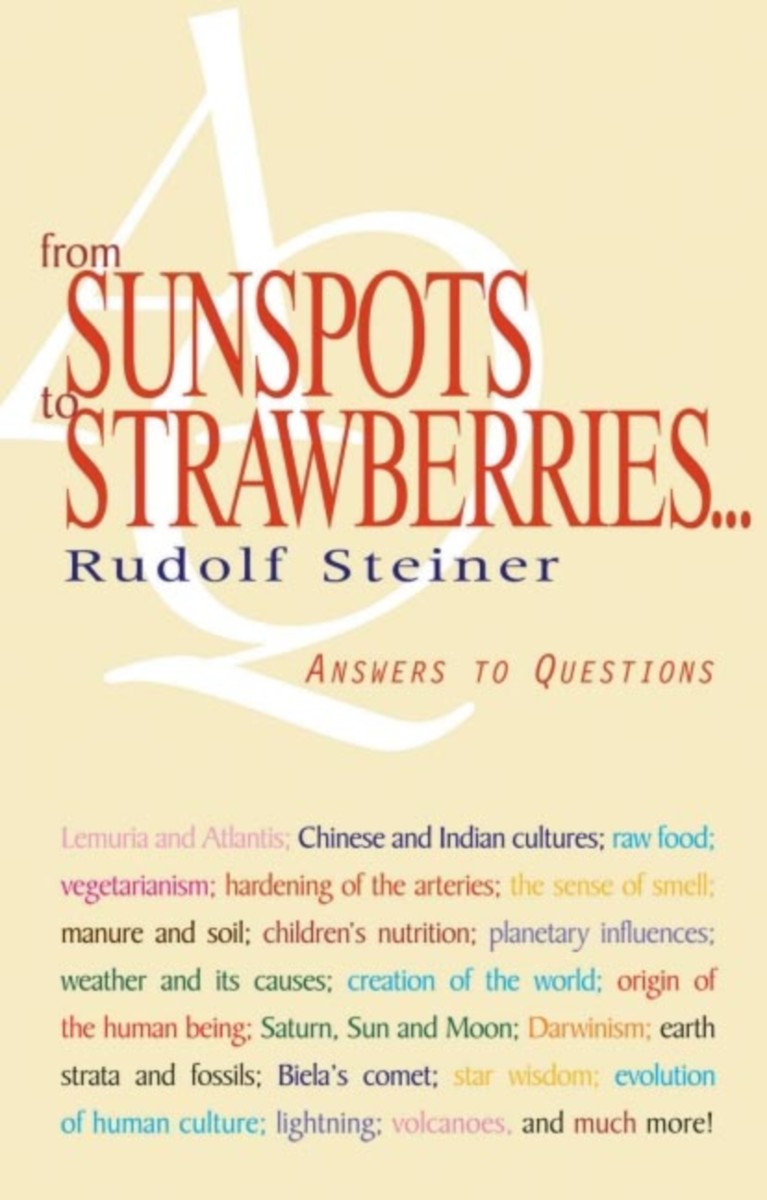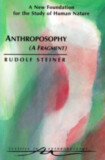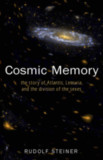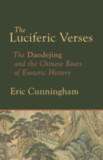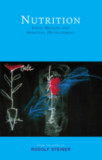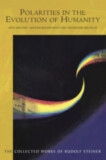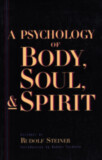- Publisher
Rudolf Steiner Press - Published
16th August 2002 - ISBN 9781855841123
- Language English
- Pages 240 pp.
- Size 5.5" x 8.5"
14 lectures, Dornach, Jun 30 - Sept 24, 1924 (CW 354)
The remarkable discussions in this volume took place between Rudolf Steiner and workers at the first Goetheanum in Dornach, Switzerland. At Rudolf Steiner's instigation, the varied subjects were chosen by his audience. He took their questions and usually gave immediate answers. The astonishing nature of these responses—their insight, knowledge, and spiritual depth—is testimony to Steiner's outstanding ability as a spiritual initiate and profound thinker. Accessible, entertaining and stimulating, the records of these sessions will be a delight to anyone with an open mind.
Here, Steiner discusses Lemuria and Atlantis; vegetarianism; children’s nutrition; manure and soil; hardening of the arteries; the sense of smell; weather and its causes; origin of the human being; Darwinism; earth strata and fossils; Biela’s comet; lightning; volcanoes; and much more.
This volume is a translation from German of Die Schöpfung der Welt und des Menschen. Erdenleben und Sternenwirken (GA 354).
C O N T E N T S:
Publisher’s Foreword by Sevak Gulbekian
1. Creation of the world and humanity. Saturn, Sun, and Moon stages of Earth evolution.
2. Creation of Earth. Origin of the Human being.
3. Anthroposophy and science on earth’s strata and fossils.
4. Origins of the world and humankind. Lemuria and Atlantis.
5. Origin and character of Chinese and Indian cultures.
6. Relationship of foods and human beings. Raw food and vegetarian diets.
7. Nutrition. Children’s nutrition. Hardening of arteries. Manuring.
8. The course of humanity’s cultural evolution.
9. The sense of smell.
10. Planetary influences on animals, plants, and rocks.
11. Weather and its causes.
12. Form and origin of earth and moon. Causes of volcanic activity.
13. The aim of Anthroposophy. Biela’s comet.
14. Where do we come from? Earth life and star wisdom.
Notes
Rudolf Steiner
Rudolf Steiner (b. Rudolf Joseph Lorenz Steiner, 1861–1925) was born in the small village of Kraljevec, Austro-Hungarian Empire (now in Croatia), where he grew up. As a young man, he lived in Weimar and Berlin, where he became a well-published scientific, literary, and philosophical scholar, known especially for his work with Goethe’s scientific writings. Steiner termed his spiritual philosophy anthroposophy, meaning “wisdom of the human being.” As an exceptionally developed seer, he based his work on direct knowledge and perception of spiritual dimensions. He initiated a modern, universal “spiritual science” that is accessible to anyone willing to exercise clear and unbiased thinking. From his spiritual investigations, Steiner provided suggestions for the renewal of numerous activities, including education (general and for special needs), agriculture, medicine, economics, architecture, science, philosophy, Christianity, and the arts. There are currently thousands of schools, clinics, farms, and initiatives in other fields that involve practical work based on the principles Steiner developed. His many published works feature his research into the spiritual nature of human beings, the evolution of the world and humanity, and methods for personal development. He wrote some thirty books and delivered more than six thousand lectures throughout much of Europe. In 1924, Steiner founded the General Anthroposophical Society, which today has branches around the world.


